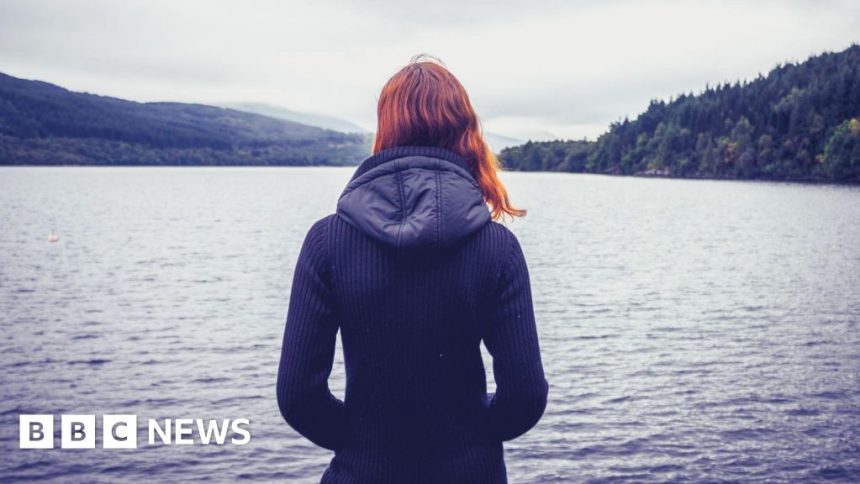Young people most likely to have poor mental health
 Getty Images
Getty ImagesThe number of people in Scotland who say they have a mental health condition has doubled over the past decade – with young people most likely to be affected.
Data from the 2022 Census showed that 11.3% of the population – about one in nine people – reported a condition that affected their mental wellbeing.
This increase from 232,900 people to 617,100 was the biggest rise across a range of health conditions in the census.
The statistics revealed it was now more common for younger people to report a mental health condition than older age groups – the reverse of the 2011 results.
Among 16 to 24 year olds the figure was 15.4% – with females (20.4%) twice as likely as males to report a mental health condition.
The results were even worse for the 25 to 34 age group, where 17.5% reported a mental health condition, with the figure rising to 21.2% for women.
The 2022 census took place after two years of disruption and lockdowns caused by the Covid pandemic.
It showed that mental health concerns were the biggest increase from a range of health categories.
After accounting for age, 6.8% of the population said they were in bad or very bad health in 2022 – up from 5.9% in 2011.
The census found that the Glasgow City council area had the highest percentage of people reporting bad or very bad health at 10.8% while Aberdeenshire had the lowest at 4.2%.
Comparable figures for England and Wales show 5.4% of people reported bad or very bad health in the 2021 census, while in Northern Ireland it was 8.2% of people.
The census also recorded 627,700 people providing unpaid care, a 27.5% increase on the numbers at the previous census in 2011.
Most unpaid carers are aged 50 or over and 58.8% are female.






